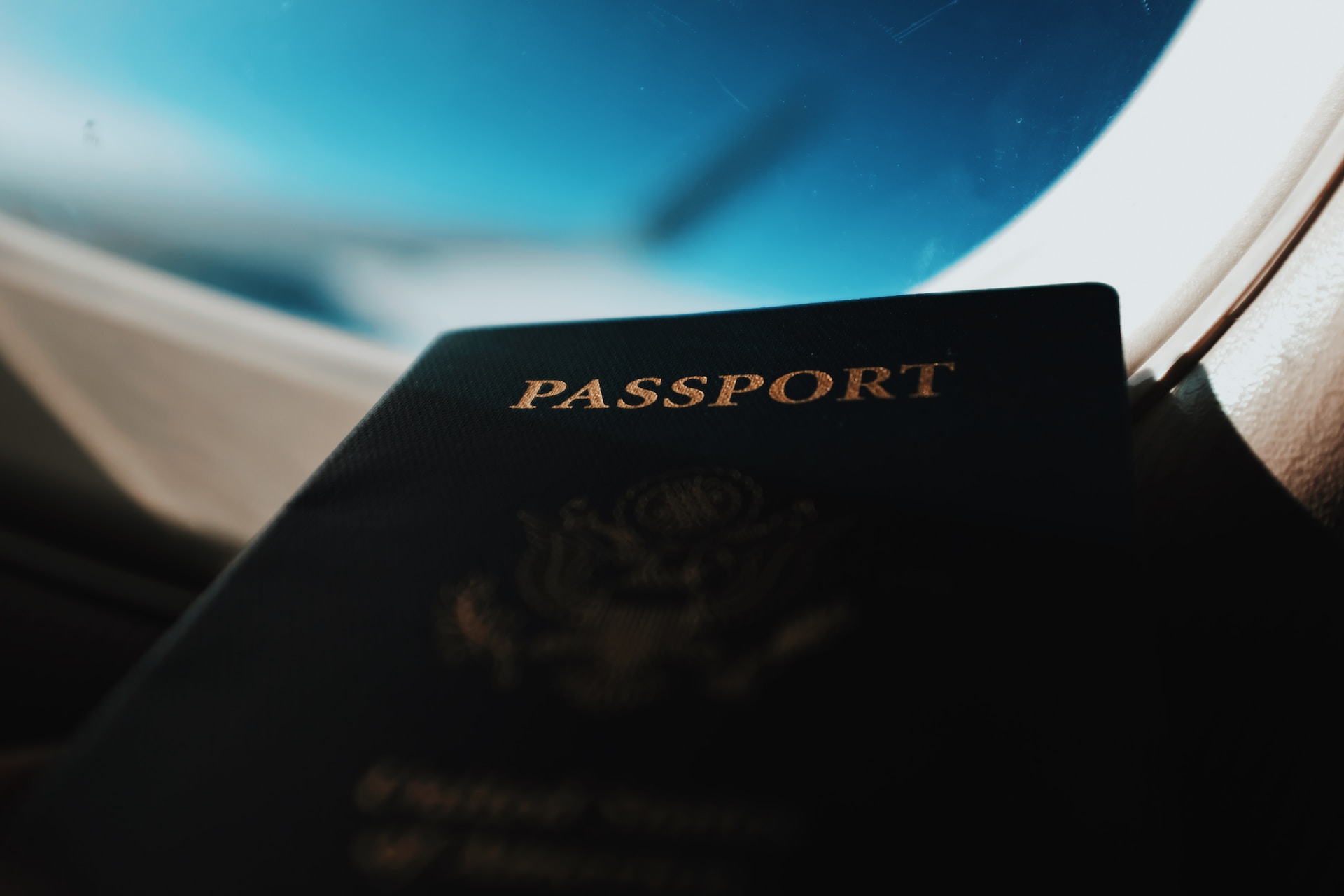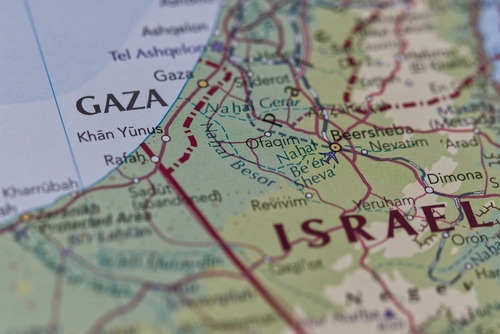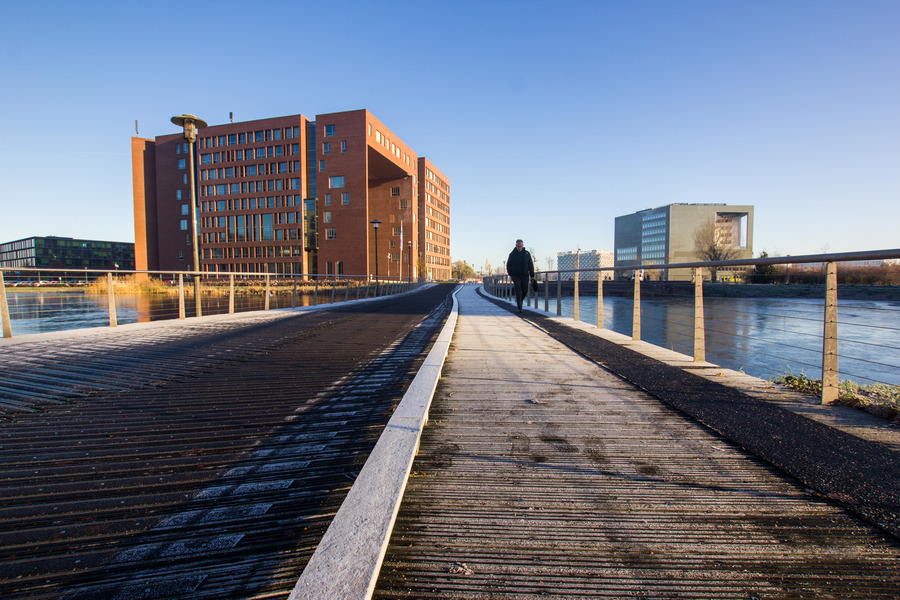A law is being prepared to introduce a standard screening procedure for researchers from outside of Europe. A bad idea, according to Marileen Dogetrom, president of the science association KNAW (Royal Netherlands Academy of Science).
Politicians are gravely concerned about knowledge security at universities, and each incident causes alarm bells. We have been naive, according to Minister Robbert Dijkgraaf. Security services have issued stiff warnings, particularly with regard to China, but improvements have been made, according to the KNAW.
The government opened a ‘counter’ for scientists who have questions. Moreover, a guideline for knowledge security in scientific research was provided. The cabinet feels this is not sufficient and is considering a national screening of non-European scientists. A new KNAW position paper states that this measure is disproportionate.
No mere collaboration
KNAW-president Marileen Dogterom is a professor at the TU Delft, that invertedly helped the Chinese army. She knows how important knowledge security is. She collaborates with scientists from the Netherlands and abroad on the development of synthetic cells. ‘This is fundamental research through which we aim to understand how living cells function by mimicking them. It is futuristic, but we may be able to use cell-like structures to produce certain substances sustainably. Similar research programmes are underway in China as well. These scientists reached out to us, wanting to collaborate. That is our current situation.’
We don’t merely enter into collaborations, she says. ‘We discuss with our university, our knowledge security team and anyone with expertise in this field, and we ask the government for advice on what form such a collaboration should take and how we can ensure that both parties benefit.’
Suppose someone has a gut feeling and says: you should refrain from collaborating with this country where there is no academic freedom. What would you reply?
‘That is a complicated question. My domain spans the world and is extremely multidisciplinary. We are part of a European research consortium, but similar studies are underway in the United States and Asia. China is part of a consortium with, for example, Japan, Singapore, Australia and South Korea. We may want to collaborate with those countries; will that still be possible? And if so, then why should we be unable to collaborate directly with China? It is quite a puzzle, but simply slamming the door shut is not a solution.’
If the issue is so complicated, can decision-making be left to scientists? Their desire is to do research and not get caught up in geopolitics.
‘We also ask scientists to focus on scientific integrity, so why not on this issue as well? And they will need support, of course. Researchers must discuss it with their supervisors, their university’s security team and, if necessary, take it all the way up to the executive board. But, keeping the researcher out of the loop entirely is not a good idea. They are, after all, experts in the field.’
According to the KNAW, screening all non-European researchers upon arrival is not helpful as it may create a false sense of security.
‘Yes. Suppose you were to screen large groups of researchers but not those with a European passport. If my intentions were evil, I would certainly be able to bypass the screening of individuals with a non-European passport. There will always be risks, and you should focus on mitigating the risks and offsetting them against other risks.’
What other risks are there?
‘The main risk is a stop to international knowledge exchange, which is sorely needed. In the Netherlands, we have a system of academic freedom and open collaboration with international parties. That is essential to our progression.’
The KNAW feels that the government would do better to focus on awareness among scientists. Would that not create a false sense of security?
‘I don’t believe so. We cannot exclude every and all risks, but neither can the government.’
If scientists fail to see the problem after all the incidents that have taken place, will focusing on awareness help?
‘Whatever direction the government chooses, awareness is always essential. And fortunately, it is increasing. Most universities have a knowledge security team.’
The KNAW feels that the government should leave the responsibility for knowledge safety to the universities. It sounds a little like putting the harbour in charge of fighting drug smuggling.
‘Smuggling drugs is illegal, which makes it clear. Fighting crime is a government responsibility, a far less complicated issue to consider than scientific collaboration.’
You might say: leave it all to us; awareness will not be an issue. But having some form of control is not strange, is it?
‘No, it is not. The ministry is currently working on an audit of the knowledge safety policies. At universities first, followed by university colleges and knowledge institutes. The audit focuses on the questions of what universities are currently doing and where there is room for improvement; what has been organised and what has not? I fully support such an audit taking place.’
Universities must also screen those with whom they collaborate. Why would the government taking on this task be impracticable?
‘A screening for a particular region would be possible. Sanctions imposed against Iran and North Korea mean we already have such a screening for nuclear technology. But it requires a clear demarcation of the domain.’

 ‘If my intentions were evil, I would certainly be able to bypass the screening of individuals with a non-European passport’, says KNAW president Marileen Dogterom. Photo Blake Guidry / Unsplash.
‘If my intentions were evil, I would certainly be able to bypass the screening of individuals with a non-European passport’, says KNAW president Marileen Dogterom. Photo Blake Guidry / Unsplash. 
